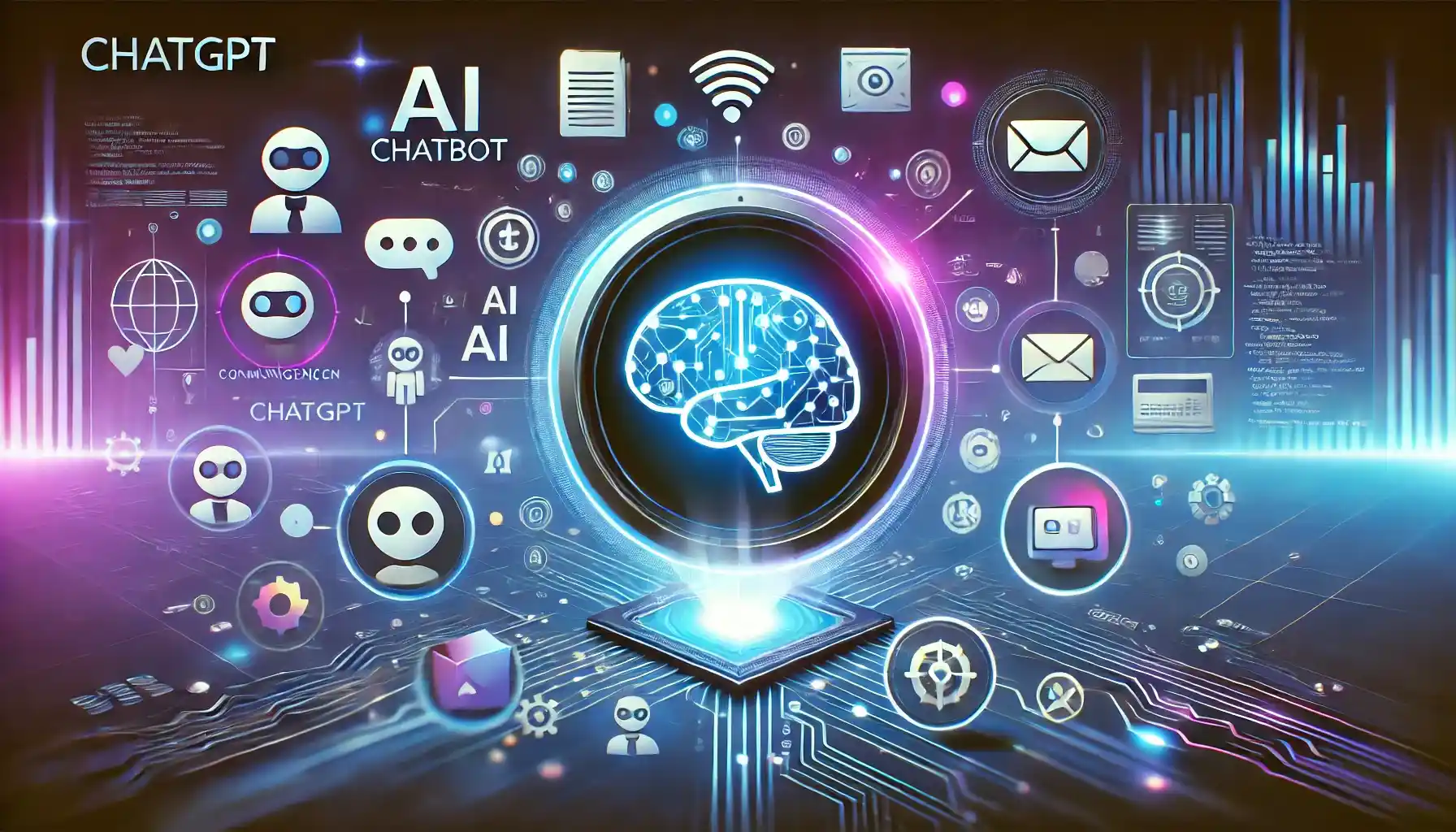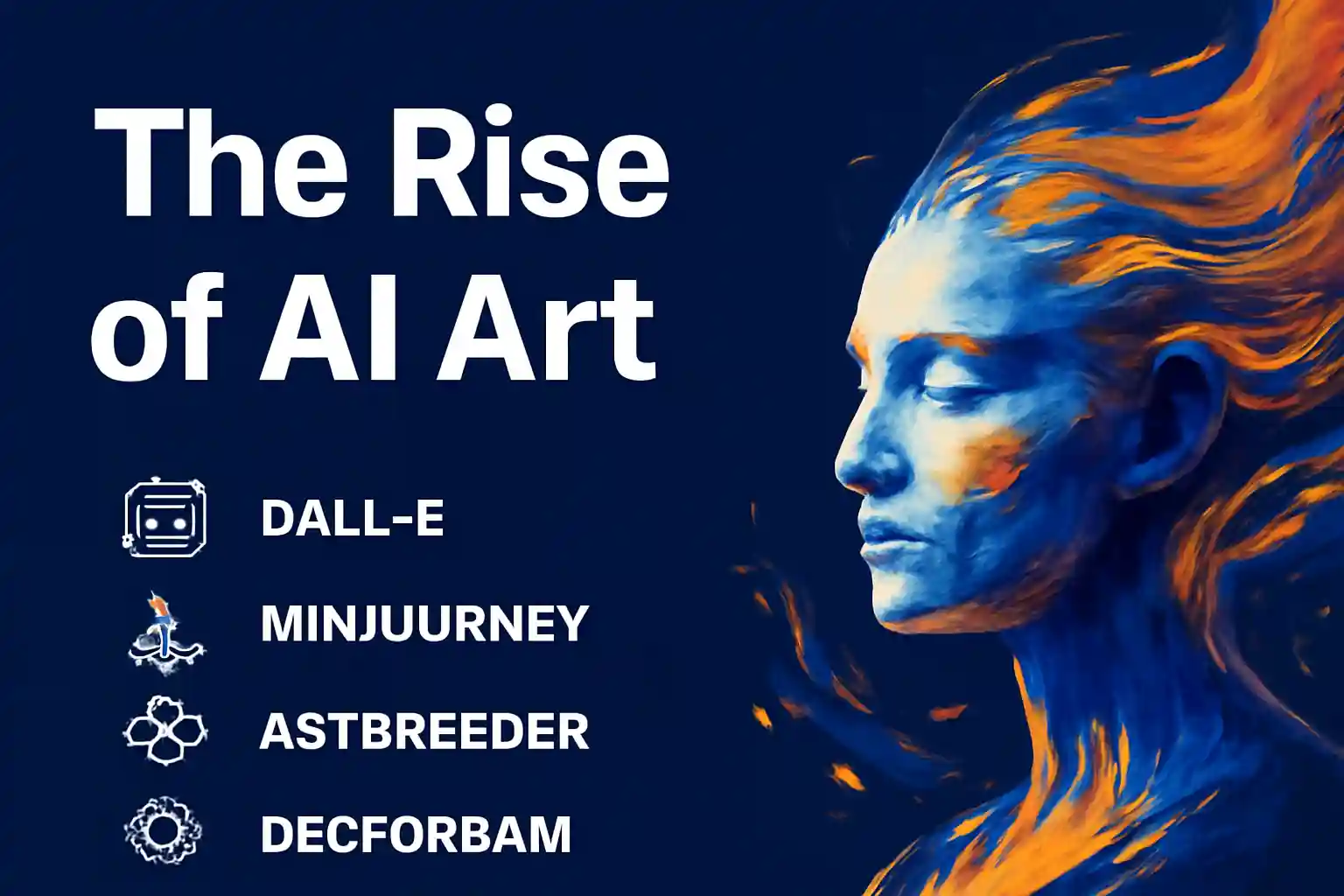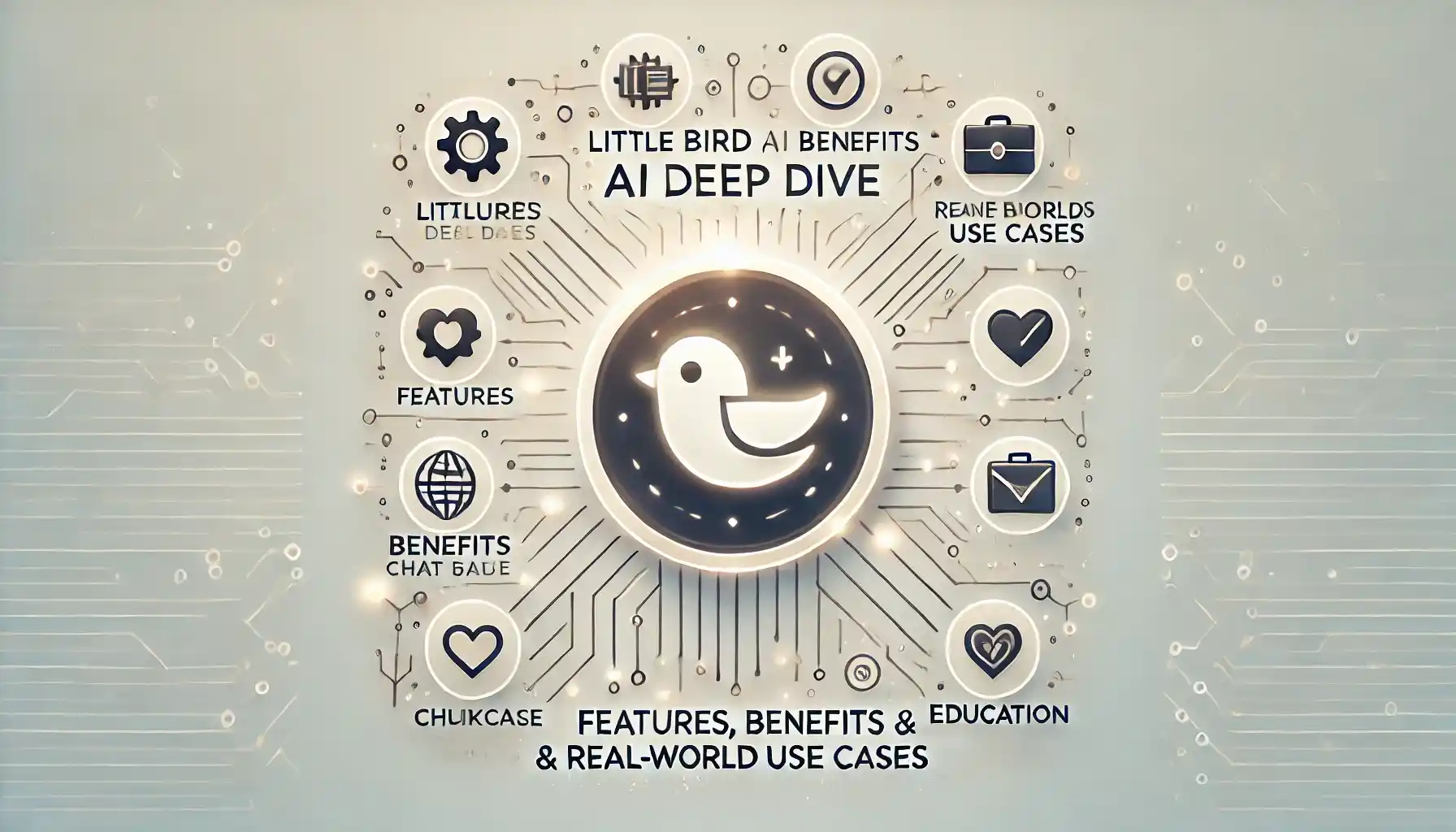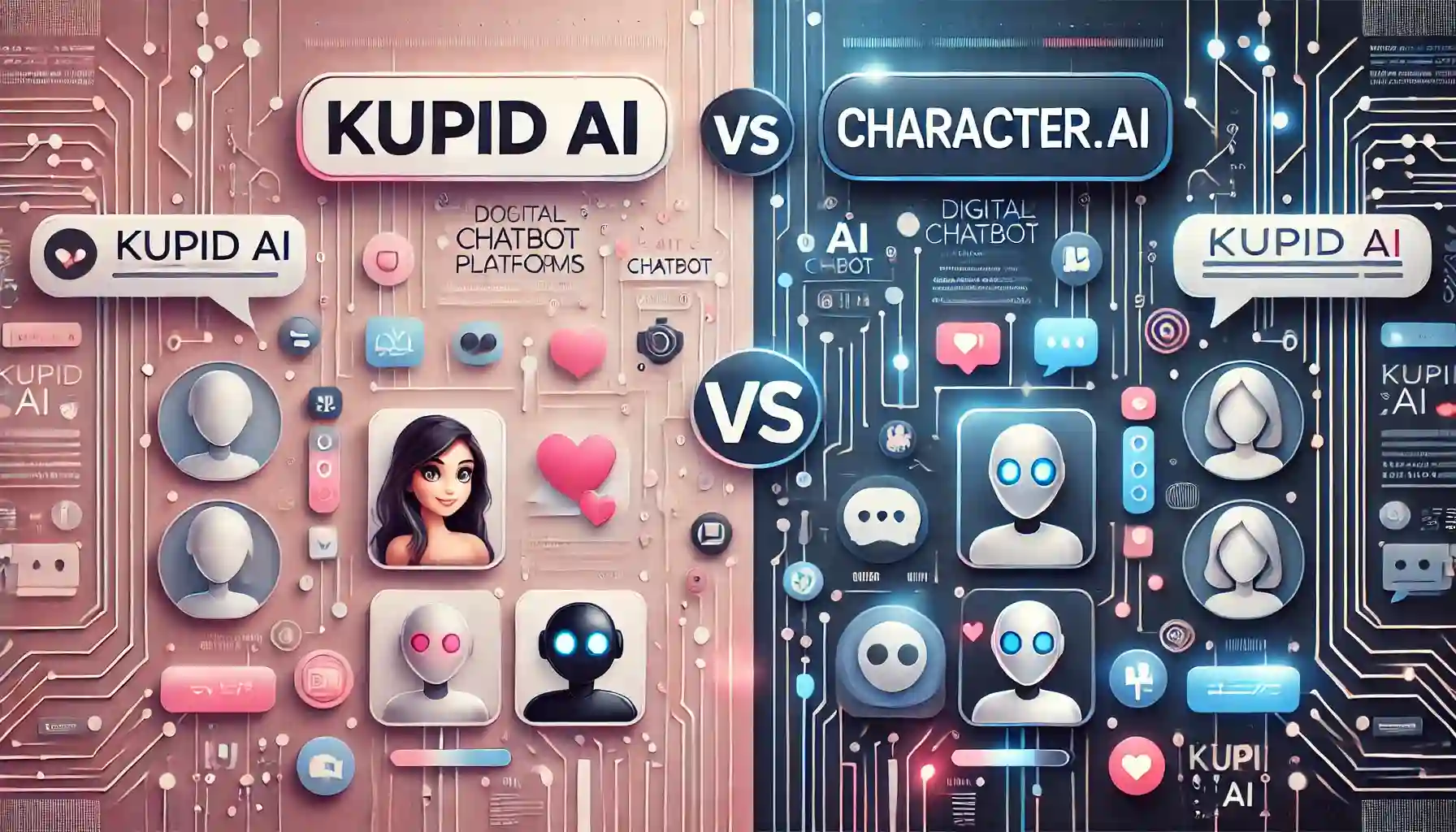Introduction
Artificial Intelligence (AI) has revolutionized many industries, and one of its most impressive innovations is ChatGPT. Developed by OpenAI, ChatGPT is an advanced language model designed to generate human-like text responses. From answering queries to automating content creation, ChatGPT is redefining the way humans interact with AI.
This article will explore everything about it, including its workings, applications, benefits, limitations, and future prospects.
What is ChatGPT?
ChatGPT is a conversational AI model based on GPT (Generative Pre-trained Transformer) architecture. It can understand and generate text in a human-like manner, making it useful for various tasks, including writing, answering questions, coding, and much more.
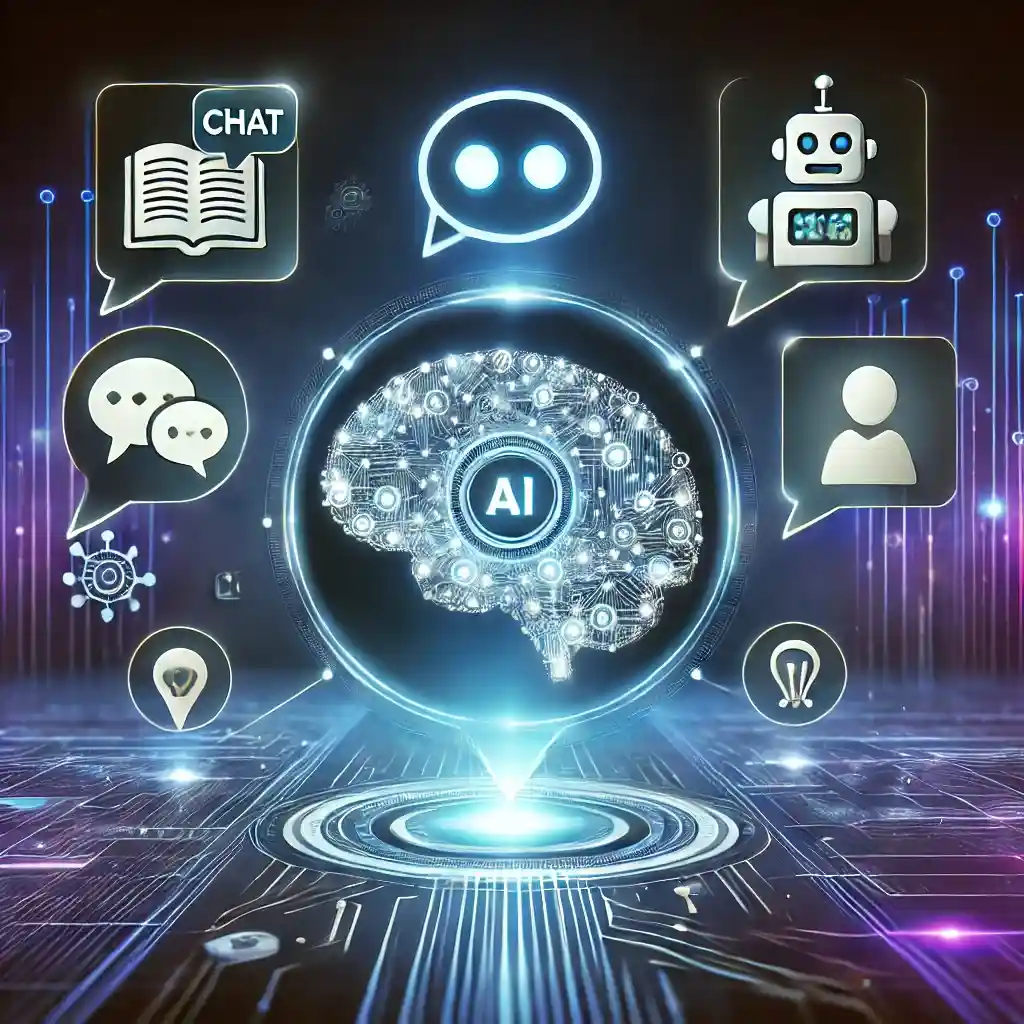
Key Features of ChatGPT:
- Natural Language Understanding (NLU): Can understand complex queries.
- Context Retention: Maintains conversation flow over multiple exchanges.
- Multilingual Capabilities: Supports multiple languages.
- Customization: Can be fine-tuned for specific applications.
- AI-Powered Creativity: Generates ideas, writes content, and even composes poetry or stories.
How ChatGPT Works
ChatGPT operates on a transformer-based neural network trained on massive datasets containing text from books, articles, and websites. It undergoes two key training processes:
Pre-Training: The model learns from a vast range of text data to develop an understanding of grammar, facts, and reasoning.
Fine-Tuning: Human reviewers provide feedback to improve accuracy, reducing biases and making the responses more aligned with real-world needs.
Unlike traditional chatbots with predefined responses, ChatGPT generates dynamic replies by predicting the next word in a sentence based on the given input.
Applications of ChatGPT
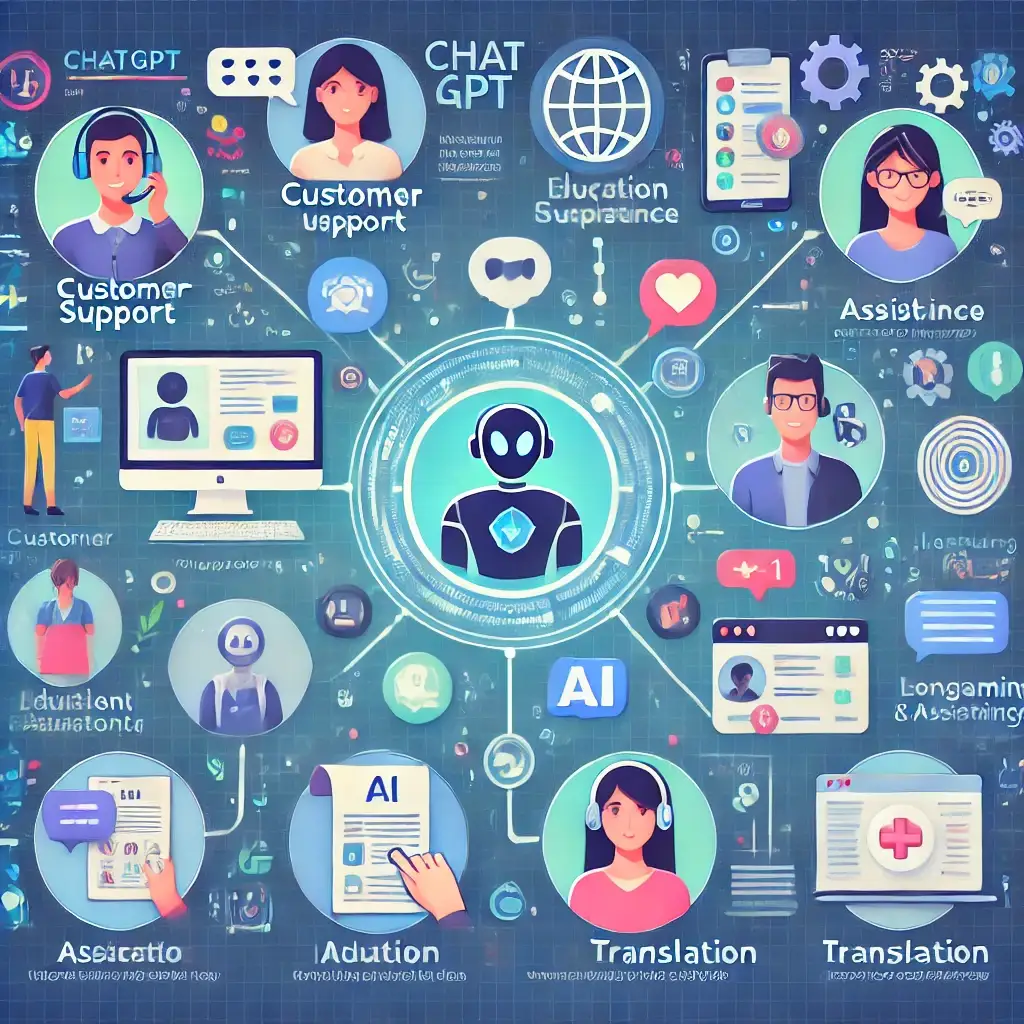
Customer Support
Businesses integrate ChatGPT into chat systems to provide instant, 24/7 customer service, reducing workload and improving response times.
Content Creation
Bloggers, marketers, and writers use it to generate articles, product descriptions, ad copies, and even social media posts.
Education & Learning
Students and educators leverage ChatGPT for tutoring, answering complex academic questions, and generating explanations for various subjects.
Programming Assistance
Developers use ChatGPT to get coding solutions, debugging help, and explanations of algorithms.
Healthcare & Medical Advice
While not a replacement for doctors, It helps by providing basic medical information, symptom explanations, and health-related suggestions.
Language Translation & Learning
Users can translate text into different languages and even improve their writing skills through ChatGPT’s grammar and style suggestions.
Advantages of ChatGPT
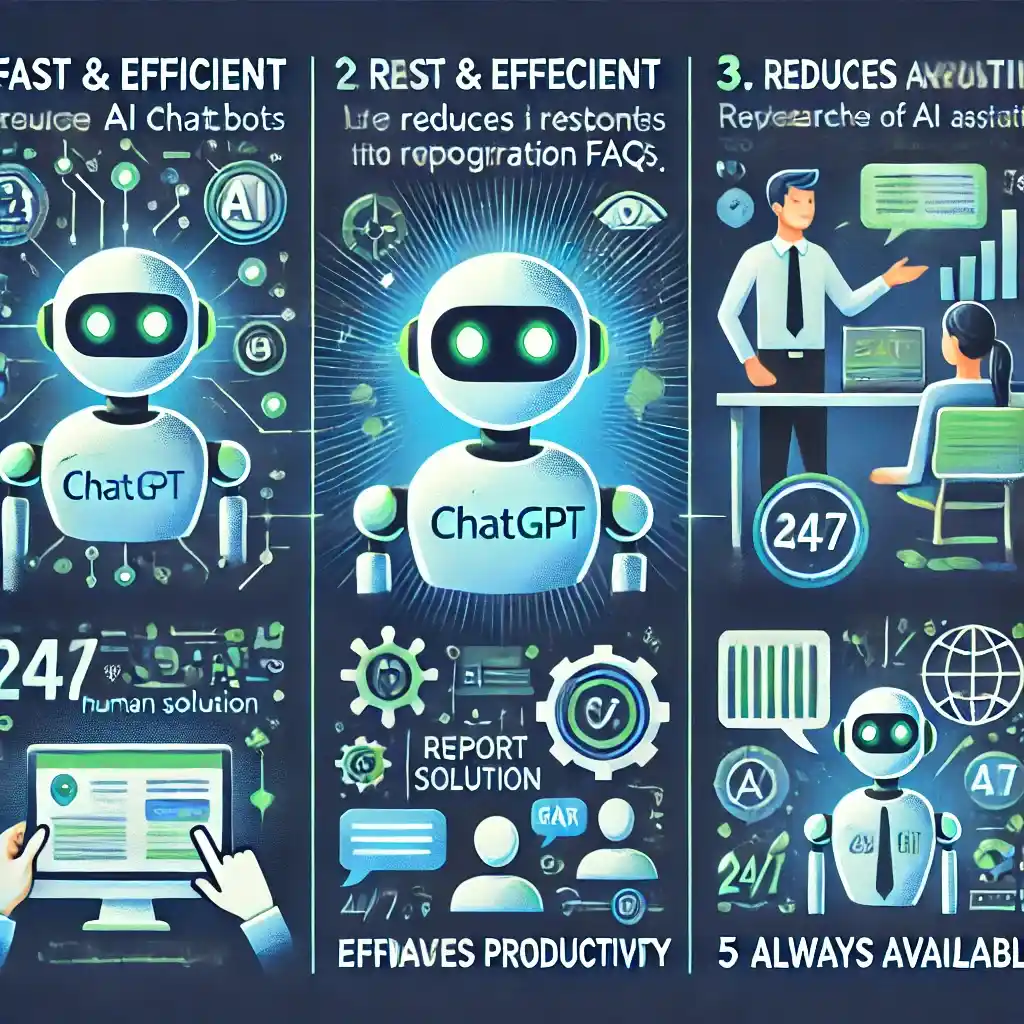
- Fast & Efficient: Provides quick and relevant responses.
- Reduces Workload: Automates tasks like answering FAQs, generating reports, and summarizing content.
- Enhances Productivity: Assists professionals in multiple fields, from research to marketing.
- Affordable AI Solution: Reduces the need for human intervention in repetitive tasks.
- Always Available: Unlike humans, It can operate 24/7 without downtime.
Limitations of ChatGPT
Despite its impressive capabilities, ChatGPT has some challenges:
- Lack of True Understanding: It generates responses based on patterns rather than actual comprehension.
- Occasional Inaccuracy: It may provide incorrect or misleading information.
- Context Limitation: Longer conversations can lead to loss of contextual understanding.
- Bias in Responses: Since it learns from human-generated content, it may reflect existing biases.
- No Real Emotions: It mimics human conversation but doesn’t possess real emotions or independent thought.
The Future of ChatGPT
As AI technology advances, ChatGPT is expected to become even more sophisticated. Some potential future developments include:
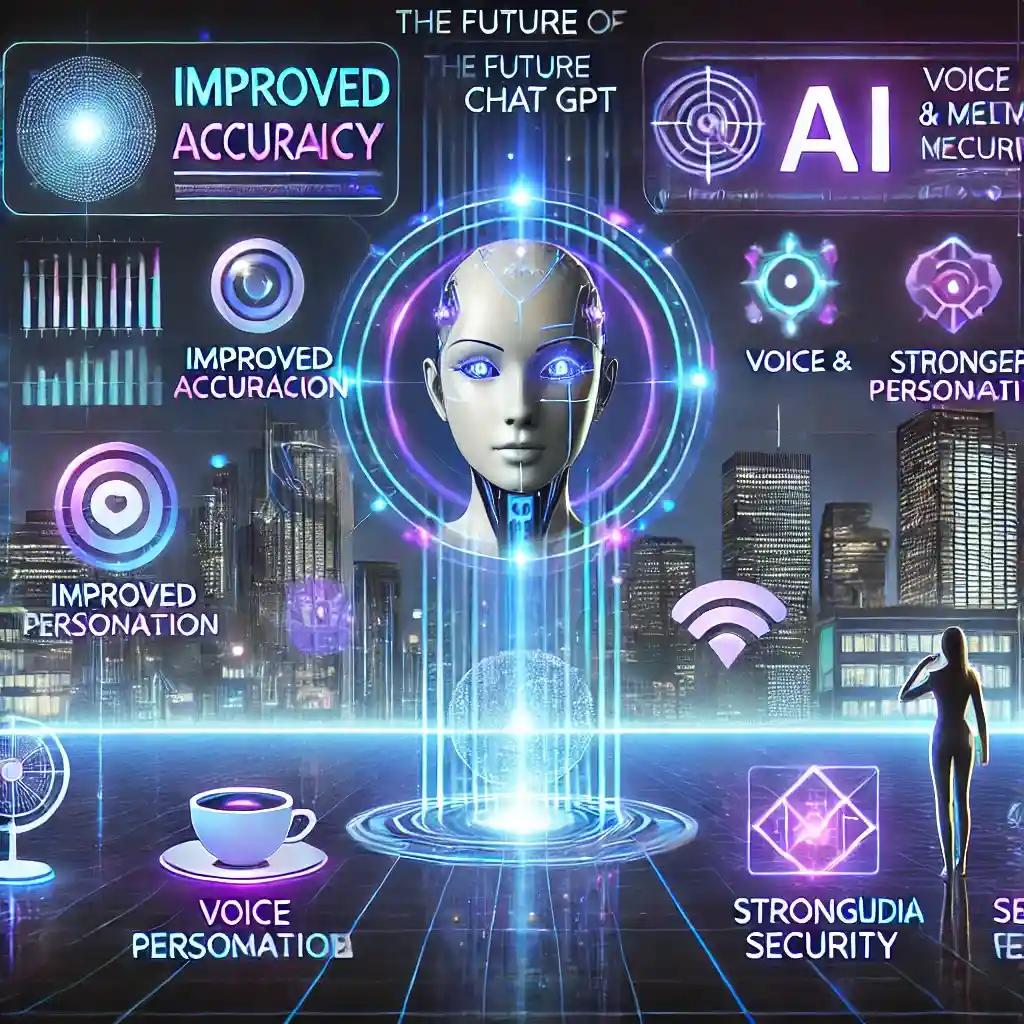
- Improved Accuracy: Better training methods will reduce misinformation.
- Advanced Personalization: AI will tailor responses based on user preferences.
- Voice & Multimedia Integration: Future models may support voice-based interactions and even image processing.
- Stronger Security Measures: Enhanced safety protocols will prevent misuse and ensure ethical AI interactions.
OpenAI and other tech companies are actively working on refining AI chatbots to make them more reliable, ethical, and beneficial for society.
Conclusion
This powerful AI tool has transformed various industries, from customer service to education and content creation. While it has some limitations, its continuous evolution promises even more sophisticated applications in the future.
As businesses and individuals explore AI-powered solutions, It remains at the forefront of AI-driven conversations, reshaping how we interact with technology.
ReadMore: Best White and Light Blue Gaming Setup Ideas for Gamers


